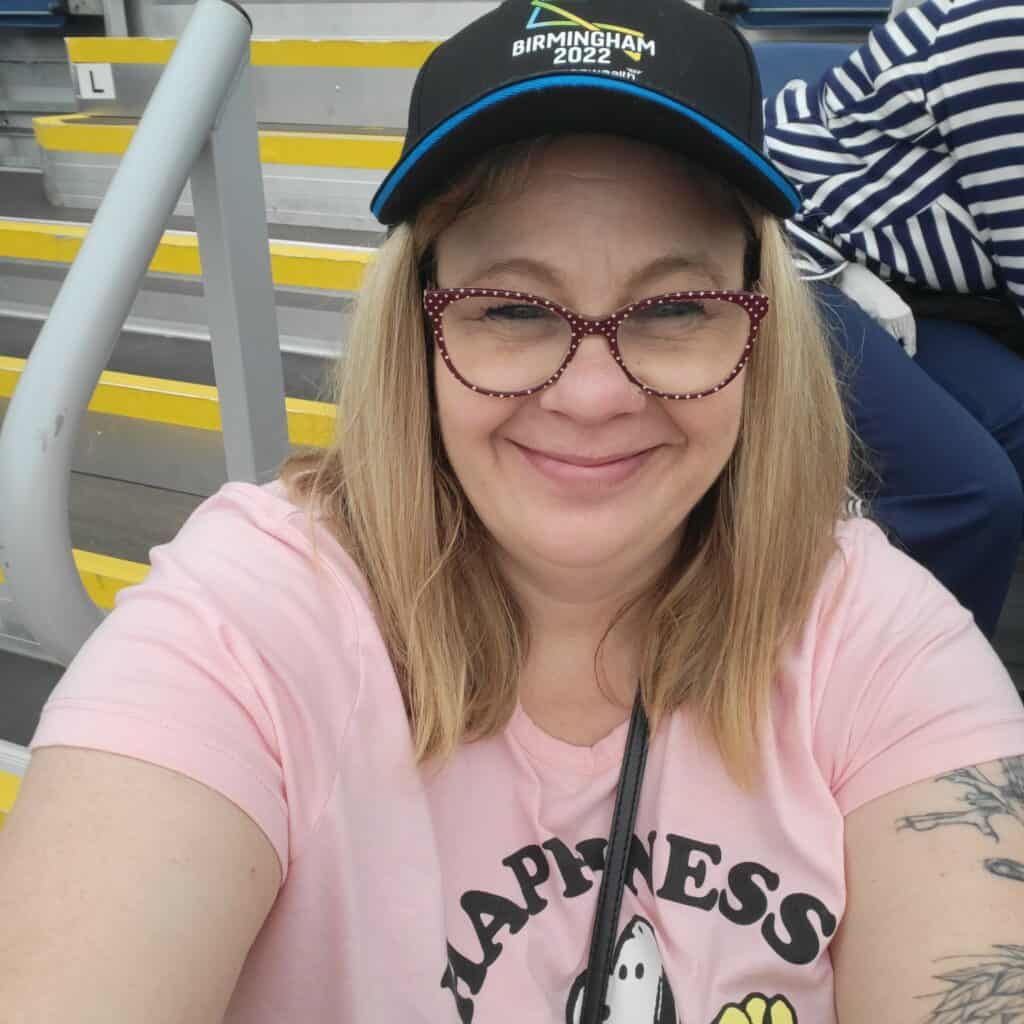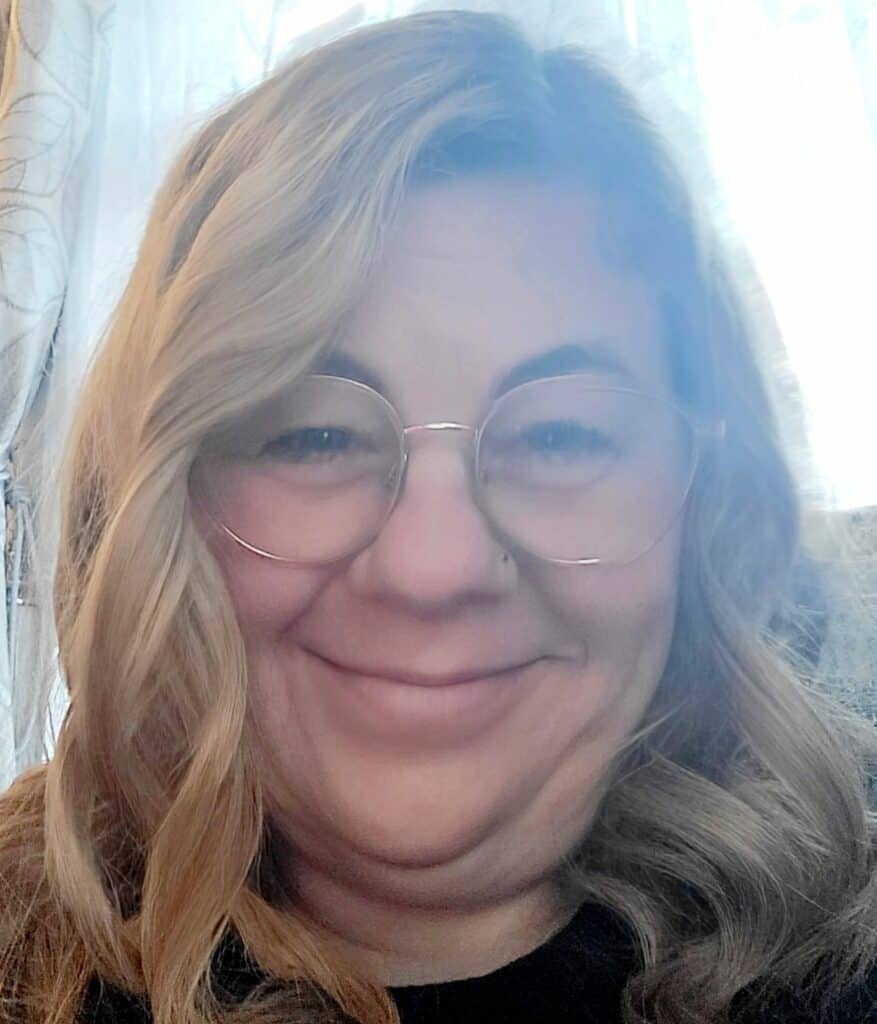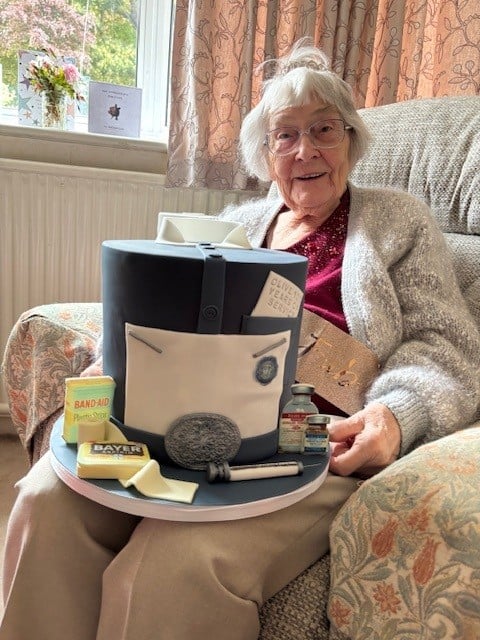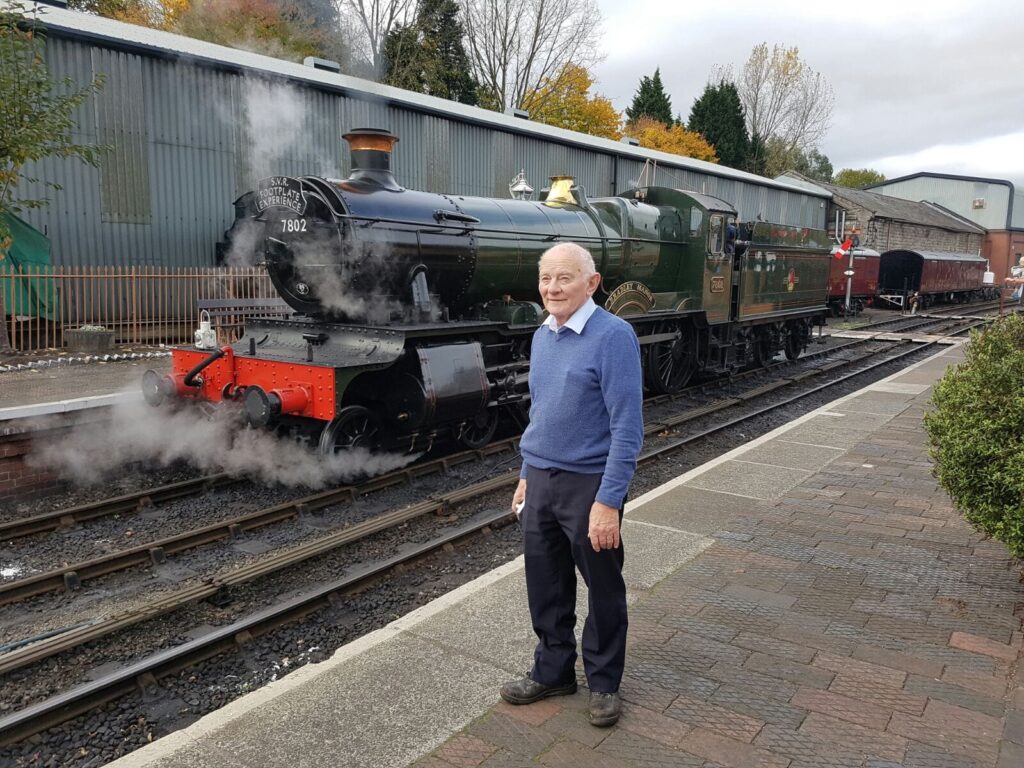Sarah Guy, Clinical Supervisor and Counsellor, shares her experience of losing a loved one and managing this while at work. She also talks about how in her role as a Clinical Supervisor, she provides members of staff with a safe space at work to discuss grief.
Grieving for loved ones
I have lost both of my parents. Losing my dad in 2002 was a terrible shock as he died suddenly from a heart attack. This was before I was a trained Counsellor and I had no understanding of grief or the process of loss. I belong to a family who do not really talk about things, so I felt lost and alone. I pushed away the grief for nine years and did not really cope with the loss.
Going to see a Bereavement Counsellor for support after nine years really made a huge difference to my mental health and wellbeing. Suddenly, I was able to understand the way I was feeling and how going through the grief process rather than avoiding it would allow me to accept the loss.
My mom died in 2019 from dementia and heart failure. I was devastated by her death, but my understanding of the grief process helped me to navigate the loss in a different way and a far healthier than when Dad died. The dementia meant that I lost the mom I knew before she died, and my grief process started before her death. This was a very painful way to lose the kind, independent and capable woman I knew.

The things I miss most about my parents are the simplest of things. Popping into Mom’s for a cup of tea and a chat. Going with her to the cinema or theatre or reading our horoscopes in the paper. If we liked what the horoscope said, of course we believed them, but we dismissed them when we did not like the prediction! I miss my dad’s humour and common sense. We shared a lot of the same interests including playing the keyboard.
I would say I have never really stopped grieving their loss, but the raw pain has changed to a constant ache in my heart when I think about them. But I live life, laugh and do things that make me happy and can move forward with my life. I can remember the happier times and celebrate that I was lucky to have had them in my life. I survived the heartache of their loss while always missing their physical presence.
Losing patients
I have lost several patients I have met at work. The first patient I lost was so sad and painful to cope with. I was providing counselling in her home, and we really formed a good relationship quickly. We had both grown up in Walsall. This gave us a connection early on and she relaxed with me when we had chatted about our memories of growing up. It was painful to see her decline each week and then one week I turned up and things had taken a significant turn for the worse. There was a doctor present and a nurse from the hospice, and it was clear that she had reached the end of her life. I did not want to intrude but her partner wanted me to come in and say goodbye and sit with her as I had planned to do.
I was so fortunate to be given that time by the family and I held her hand and she grasped me tightly. When it was time to leave, she did not want to let my hand go and I think we both understood that we would not see each other again. I still think of her often and miss our time together. I was lucky that the Wellbeing Team supported me through this, but I learnt that it was okay to feel sad and grieve her loss in my own way.
How Clinical Supervision helps our colleagues
Working at a hospice, it can be difficult for colleagues to manage their emotions. Death is a routine part of the job for many of us and we build relationships up with people who we then lose. Colleagues also have their own losses to deal with and can be triggered by similar deaths at work.
Clinical Supervision can help colleagues to have a confidential place where they can honestly talk about the impact of any deaths on their emotional wellbeing. It can help to talk to someone impartial who will not be upset by what they are hearing because they have not had a relationship with the deceased person. Supervision can help people understand their own grief process, normalise some of those feelings and therefore feel better able to cope in their work role.
Thank you so much Sarah for sharing this with us and helping to open up conversations about death, dying and bereavement.



